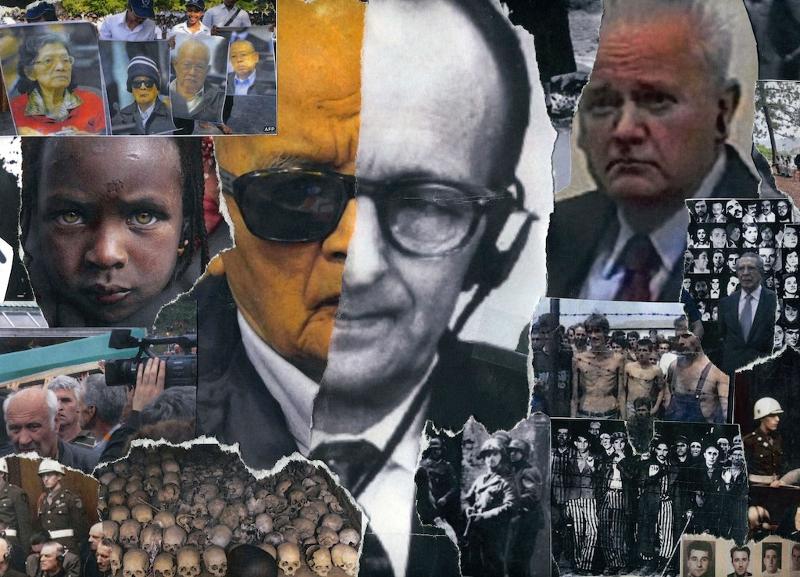Memory is a tricky thing. Biased and imperfect, it can be willfully deceitful and innocently forgetful. Collective memory is no different, and is perhaps more problematic in that it is often formed and framed by people and institutions with ulterior motives. Even more importantly, collective memory defines our popular conceptions of history’s meaning.
Popular histories are powerful forces in shaping identity and purpose for all societies. Yet, they rarely do justice to the delicate intricacies of the central questions that the pressing issues of human existence ask of us. Popular history marginalizes some of the most essential questions that we face, and yet, it is often the only history to which many young people are exposed. more...

 Dating back millennia, antisemitism has been called “the longest hatred.” Thought to be vanquished after the horrors of the Holocaust, in recent decades it has once again become a disturbing presence in many parts of the world. Resurgent Antisemitism presents original research that elucidates the social, intellectual, and ideological roots of the “new” antisemitism and the place it has come to occupy in the public sphere. By exploring the sources, goals, and consequences of today’s antisemitism and its relationship to the past, the book contributes to an understanding of this phenomenon that may help diminish its appeal and mitigate its more harmful effects.
Dating back millennia, antisemitism has been called “the longest hatred.” Thought to be vanquished after the horrors of the Holocaust, in recent decades it has once again become a disturbing presence in many parts of the world. Resurgent Antisemitism presents original research that elucidates the social, intellectual, and ideological roots of the “new” antisemitism and the place it has come to occupy in the public sphere. By exploring the sources, goals, and consequences of today’s antisemitism and its relationship to the past, the book contributes to an understanding of this phenomenon that may help diminish its appeal and mitigate its more harmful effects. In August 1941, Winston Churchill noted that, while confronted with the atrocities that his intelligence services had discerned in Europe, the world was faced “with a crime without a name.” The second World War marked efforts to define atrocities and mold cultural memory by distinct institutions, such as the media, judiciary and academia; each of which continue to offer their own unique but overlapping framing.
In August 1941, Winston Churchill noted that, while confronted with the atrocities that his intelligence services had discerned in Europe, the world was faced “with a crime without a name.” The second World War marked efforts to define atrocities and mold cultural memory by distinct institutions, such as the media, judiciary and academia; each of which continue to offer their own unique but overlapping framing. Dilemmas, silence, active rescue, and passivity are words often associated with Pius XII. “Critics” emphasize the wartime Pope’s failure to condemn Nazism, while “defenders” maintain that Vatican neutrality facilitated rescue activities by the faithful. This publication, which consists of the oral presentations of scholars gathered at
Dilemmas, silence, active rescue, and passivity are words often associated with Pius XII. “Critics” emphasize the wartime Pope’s failure to condemn Nazism, while “defenders” maintain that Vatican neutrality facilitated rescue activities by the faithful. This publication, which consists of the oral presentations of scholars gathered at  The way people think about the Holocaust is changing. The particular nature of the transformation depends on people’s historical perspectives and how they position themselves and their nation or community vis-à-vis the tragedy. Understandably, European Muslims perceive the Holocaust as less central to their history than do other Europeans.
The way people think about the Holocaust is changing. The particular nature of the transformation depends on people’s historical perspectives and how they position themselves and their nation or community vis-à-vis the tragedy. Understandably, European Muslims perceive the Holocaust as less central to their history than do other Europeans. On April 19th, 1945, only a few days after American troops had liberated the
On April 19th, 1945, only a few days after American troops had liberated the